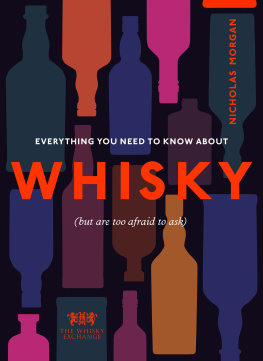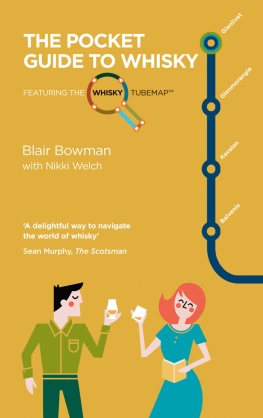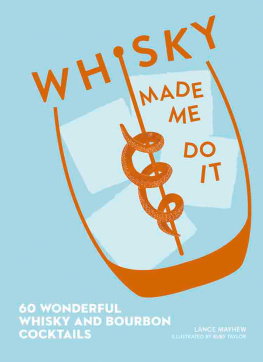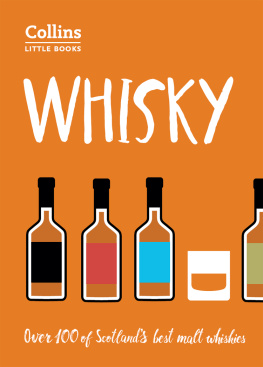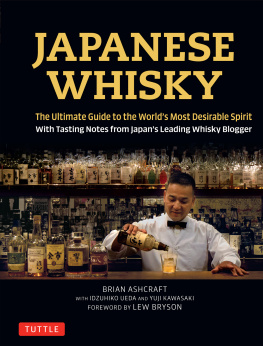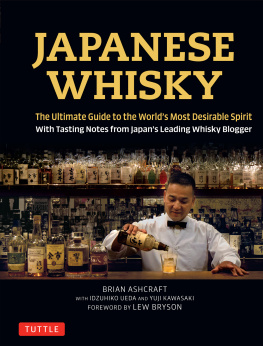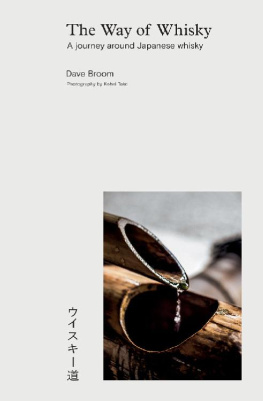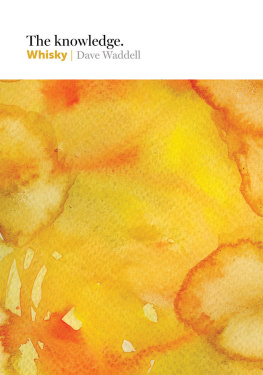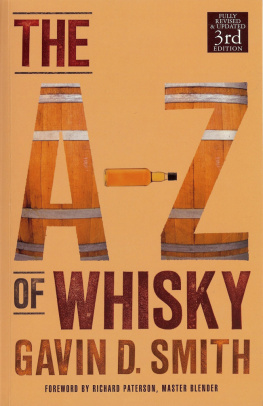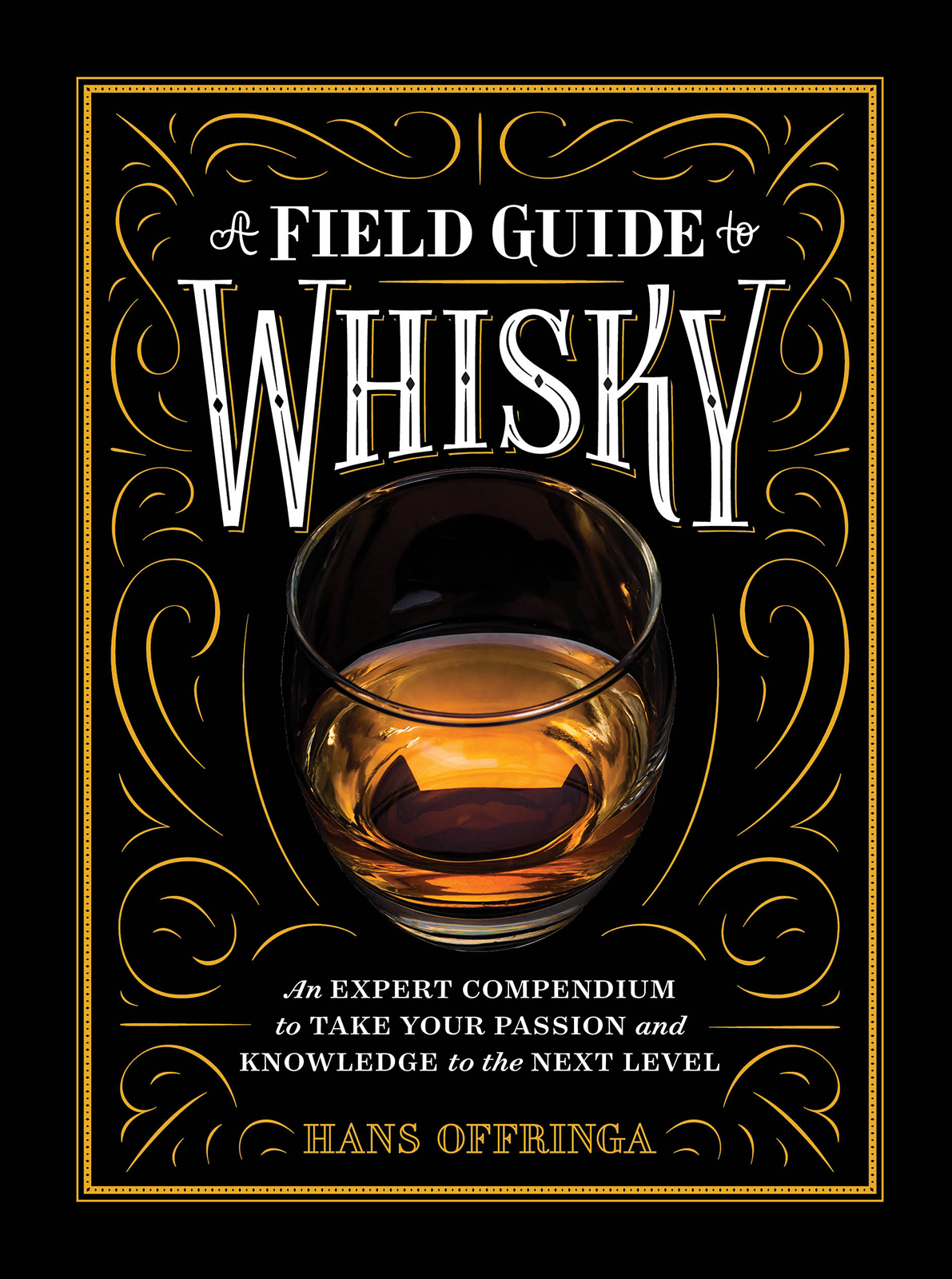

A n Expert Compendium
to Take your Passion and
Knowledge to the Next Level


NEW YORK

To Duncan Elphick,
with gratitude

Civilization begins with distillation.
William Faulkner
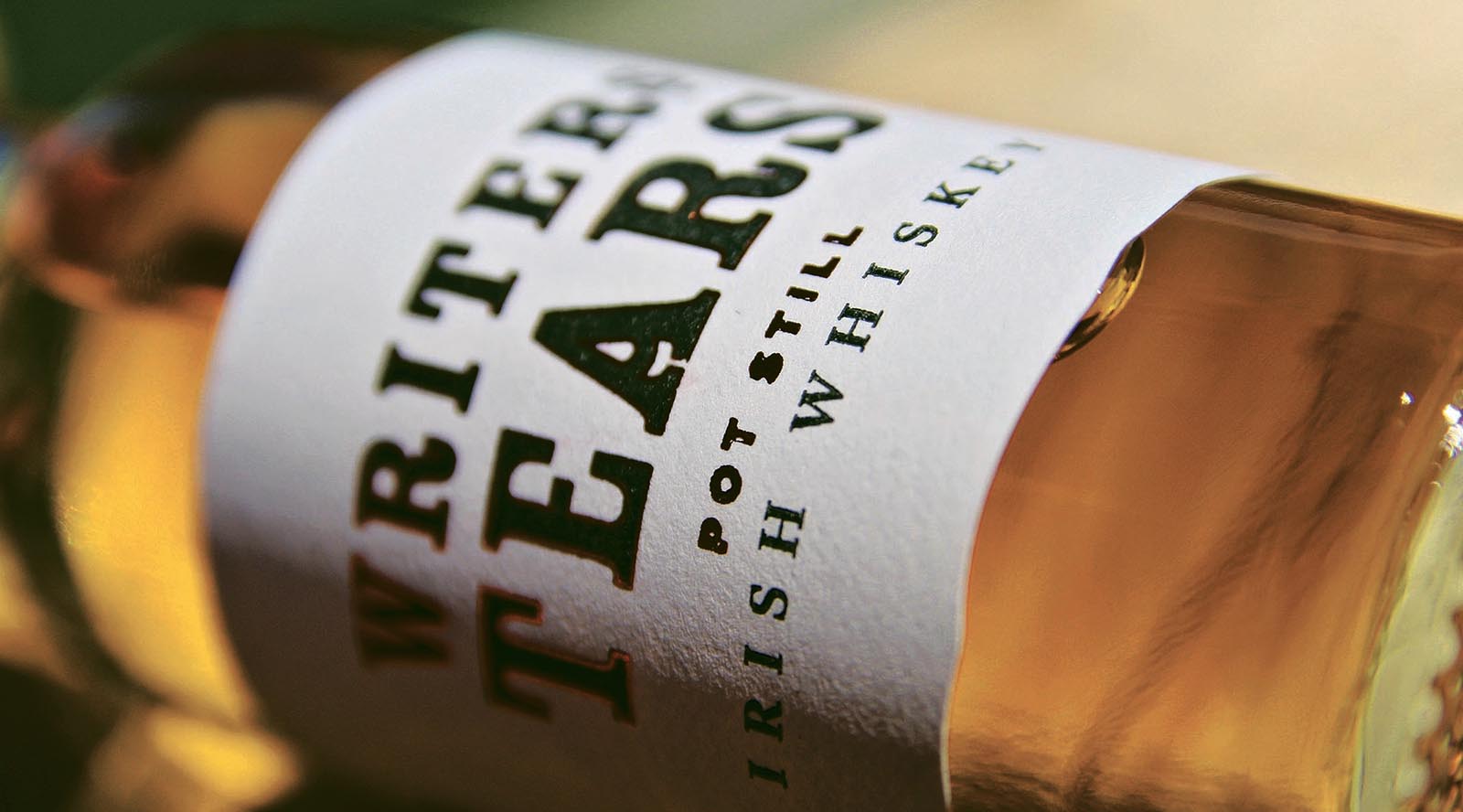
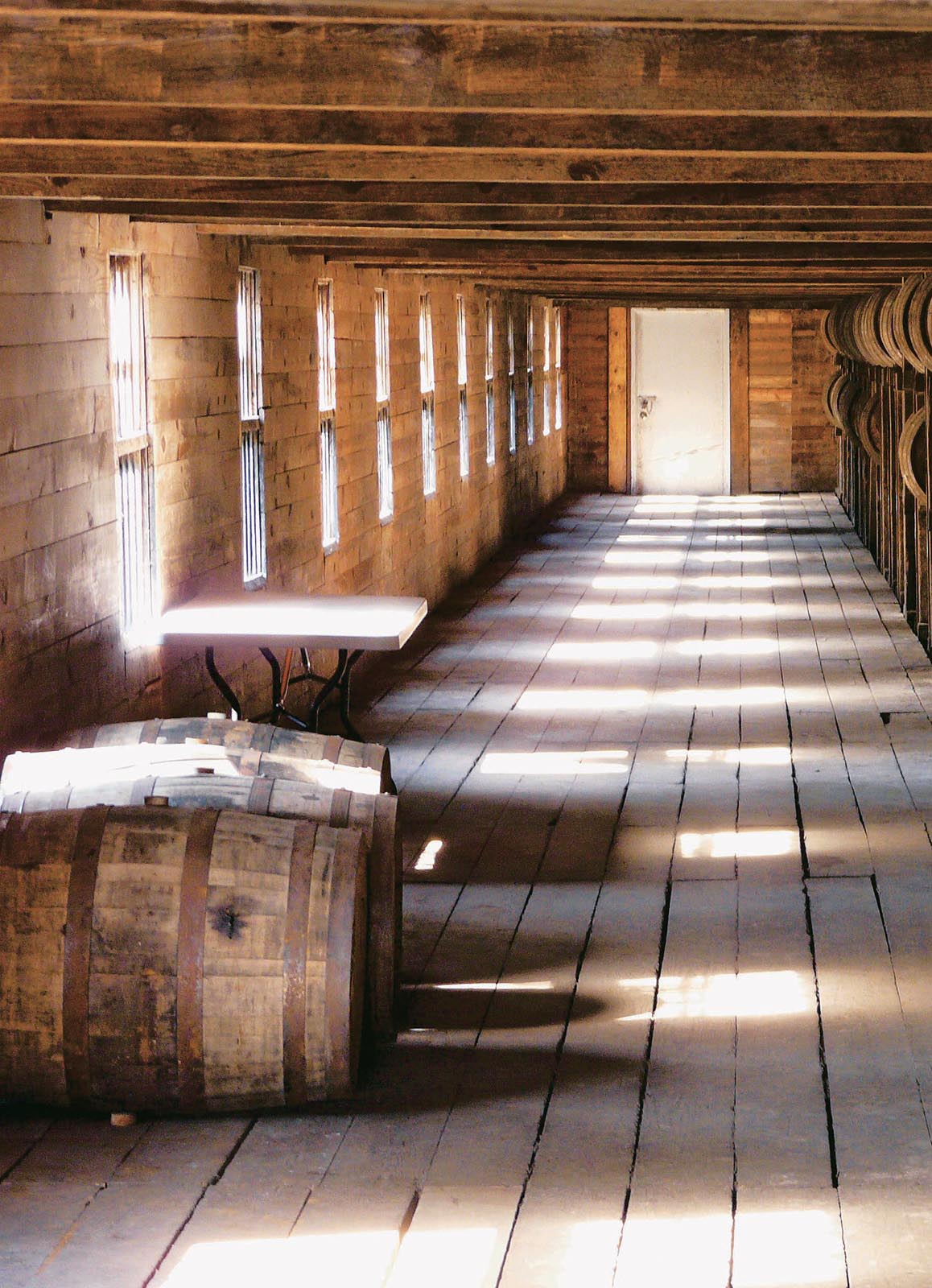
Contents
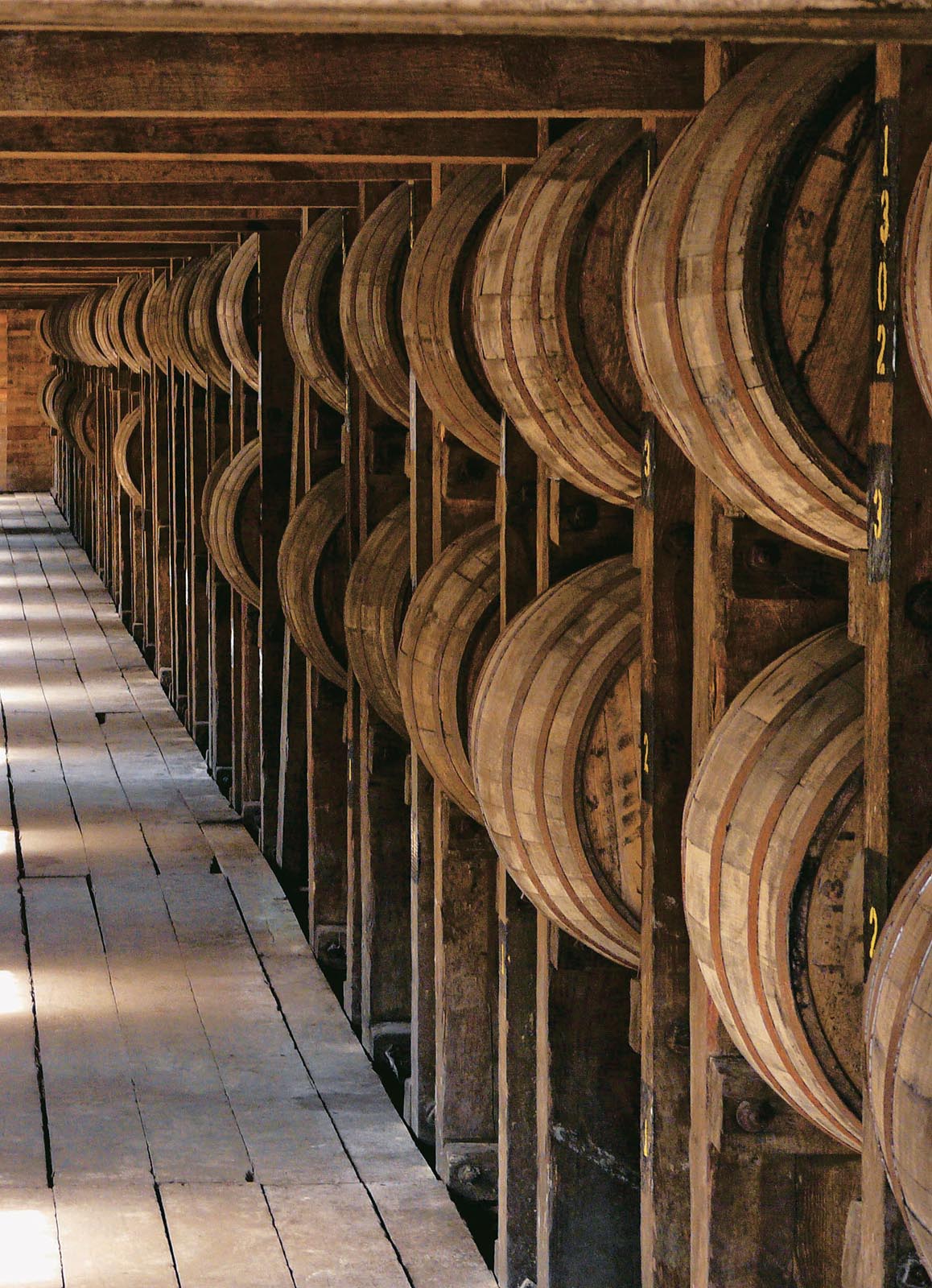
Introduction
Whisky is an alcoholic beverage that most likely originated in Ireland. Eventually the knowledge about distilling whisky spread to Scotland, which means that both countries are generally credited as the birthplace of the most complex drink in the world. Irish and Scottish distillers brought their knowledge with them when immigrating to the United States and Canada. In the first part of the twentieth-century, Japan more or less picked up the craft from Scotland. Today, whisky can be made anywhere in the world.
Whisky is made of grain, water, and yeastbut this is only the beginning of a long story. There are many different kinds of whisky, and although the basics are similar across the board, each country uses its own production methods. The same general principle applies: grains contain starch, which can be converted into fermentable sugars with the help of enzymes. When you dissolve those sugars in warm water, let the mixture cool for a while, and then add yeast, you get a liquid containing alcohol. The percentage of alcohol increases each time you heat the liquid up to a certain temperature. When the desired percentage is achieved, the distillate is poured into wooden casks and left to age until the end product is whisky ready for consumption. The minimum maturation times are different from country to country. By law, the ABV (alcohol by volume) percentage of the liquid must be at least 40 when the spirit is bottled as whisky.
Whisky has experienced a renaissance over the past decade and is growing in popularity among younger generations. Whether you are a complete novice interested in getting acquainted with the basics and learning how to pick a good-value bottle to get you started, or a whisky connoisseur looking for a great reference book, new developments, and current trends, A Field Guide to Whisky will become your favorite whisky companion. It will take you on a journey through the places where this diverse drink is being produced all over the world, from the famous Big FiveScotland, Ireland, the United States, Canada, and Japanto the nooks and crannies you may least expect, like Tasmania, Taiwan, and South Africa. Youll learn about its history and the differences in how various kinds are produced; how to read a label; how to taste and discern complex flavor patterns to get the most out of your glasseven how to conduct a whisky master class during which you can share the experience with your friends. Youll find valuable tips on investing in whisky and learn about the diverse whisky scene in the United States and the rest of the world. Finally, numerous lists and maps of distilleries, whisky trails, hotels, festivals, bars, and clubs will provide invaluable information for getting out there and putting your newfound expertise to usewhether you choose to join a whisky society, visit a distillery, or discover a new whisky bar in your city.
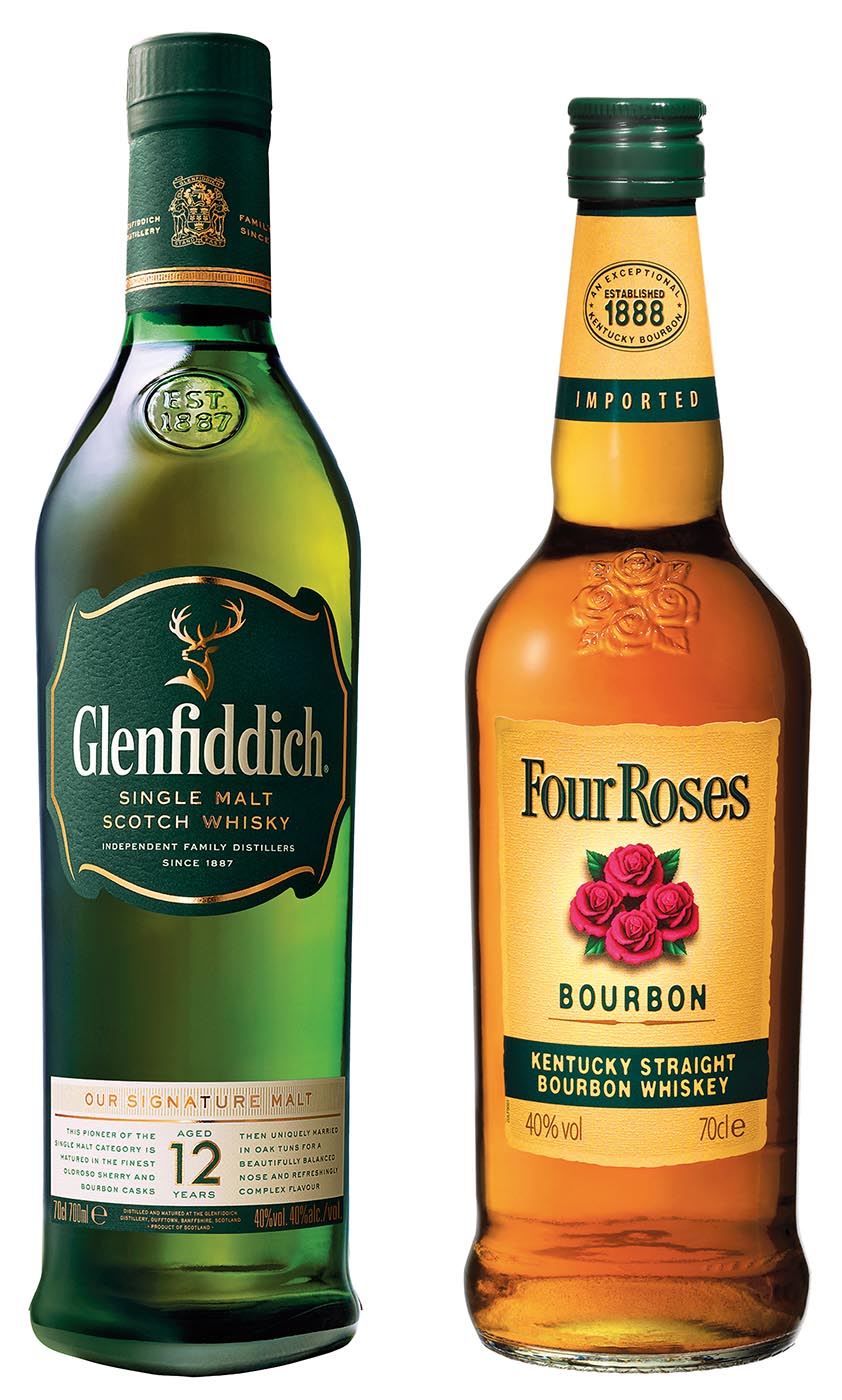
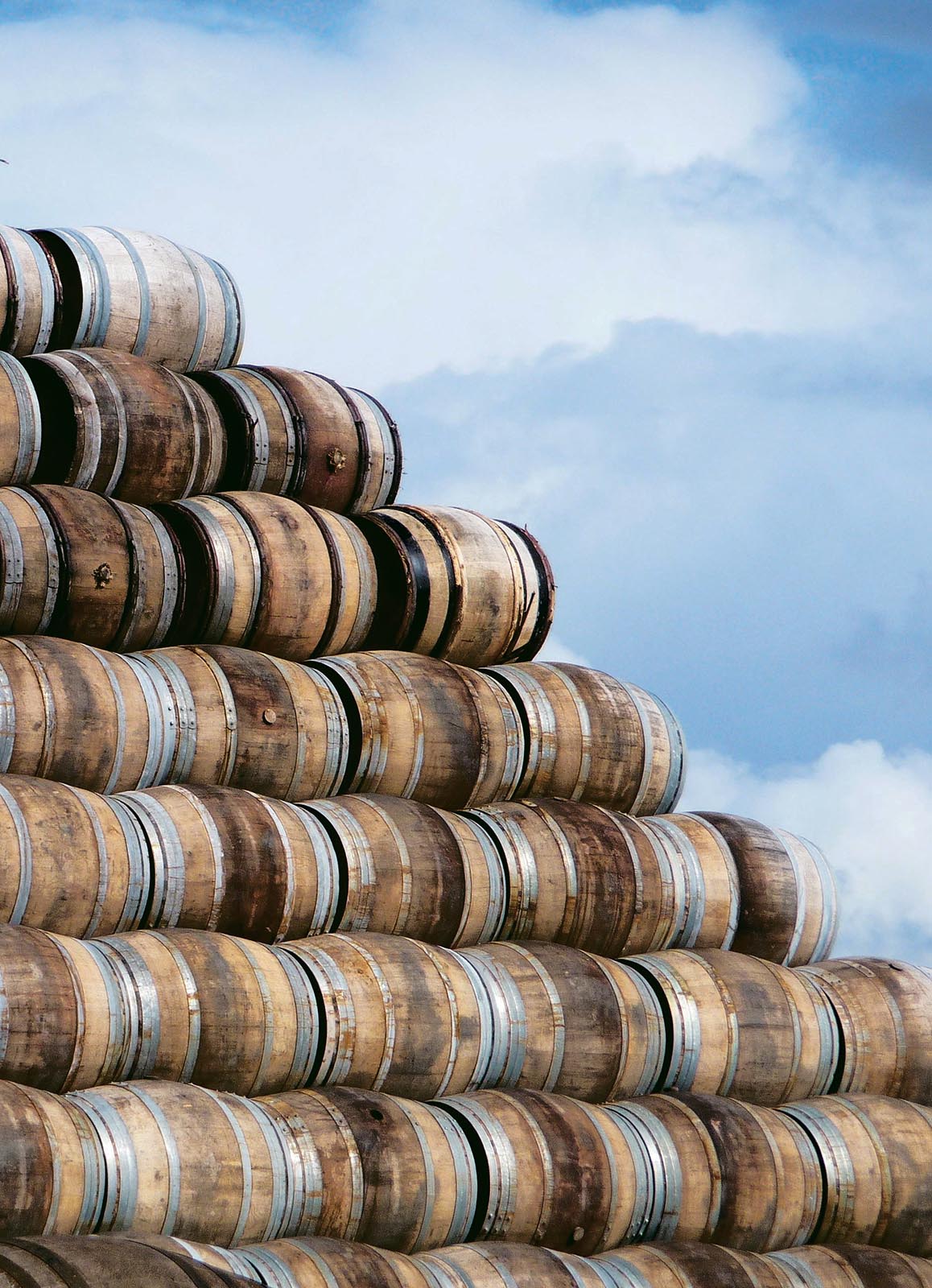
chapter 1

What Is Whisky?

What Are the Origins of the Word Whisky?
The word whisky is derived from the Gaelic uisge beatha (pronounced ooshkie bayha), also written as usquebaugh, which is derived from the Latin expression aqua vita (water of life). The English were not proficient in Gaelic and turned it into uisgy, which later morphed into whisky and whiskey.
Why Is Whisky Spelled With and Without an E?
In the past, both spellings were used interchangeably. Over time, the Irish and Americans chose whiskey, while the rest of the world, spearheaded by Scotland, chose whisky. But this is by no means a rule written in stone. For instance, Makers Mark and Old Forester, both produced in the United States, write their names without the e, and a distillery in the Netherlands, Horstman, puts whiskey on its label. Throughout this book, whisky is used as the standard spelling, unless the entry is specifically about Irish or American whiskey.
What Are the Different Types of Whisky?
Whisky is divided into thirteen main categories:
Single malt whisky
Single grain whisky
Blended malt whisky
Blended grain whisky
Blended whisky
Bourbon whiskey
Tennessee whiskey
Rye whiskey
Wheat whiskey
Corn whiskey
Canadian whisky
Japanese whisky
Irish whiskey
Single malt whisky, single grain whisky, blended malt whisky, blended grain whisky, blended whisky, rye whiskey, wheat whiskey, and corn whiskey can be made anywhere in the world. Bourbon whiskey, Tennessee whiskey, Canadian whisky, Japanese whisky, and Irish whiskey are type-, country-, or region-specific. The country of origin has to be mentioned on the label, and more region-specific information is often added too, such as with whisky dAlsace from France or whisky Espaol from Spain.
How Many Brands of Whisky Are There?
Thousands! A single distillery can produce multiple brands at once. This kind of production is more common among American and Irish distilleries than in Scotland and its worldwide counterparts. This is in part due to Prohibition, when many brand names from bankrupt and closed distilleries were bought by the surviving distilleries in their respective countries.
For example, the American distillery Heaven Hill produces more than a hundred different bourbons. Midleton Distillery in Cork, Ireland, produces at least seven well-known brands. Cooley Distillery in Dundalk, Ireland, is known for bringing pre-Prohibition Irish brands back to life for new customers. Blended Scotch can be tailor-made, in which case the customer gets to pick his or her own brand name. Another reason for using a different brand name is to distinguish one taste profile from another. For example, Springbank, in the south of Scotland, makes an eponymous single malt, alongside two different expressions named Longrow and Hazelburn. Tobermory on the Hebridean island of Mull distills an unpeated single malt called Tobermory and a peated expression named Ledaig.
Next page

